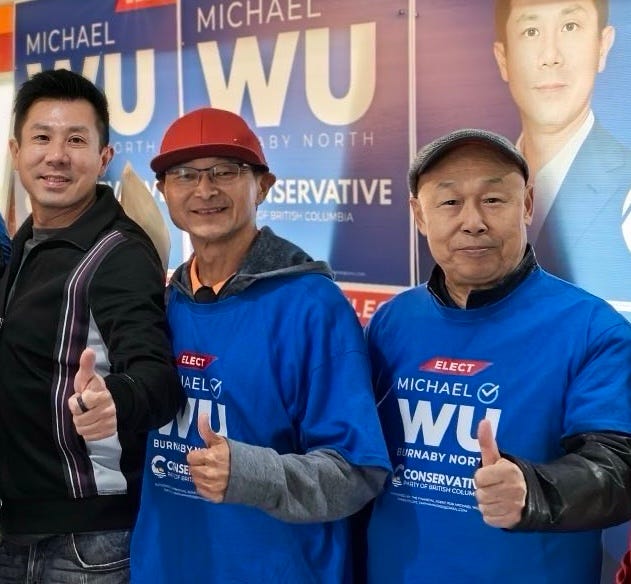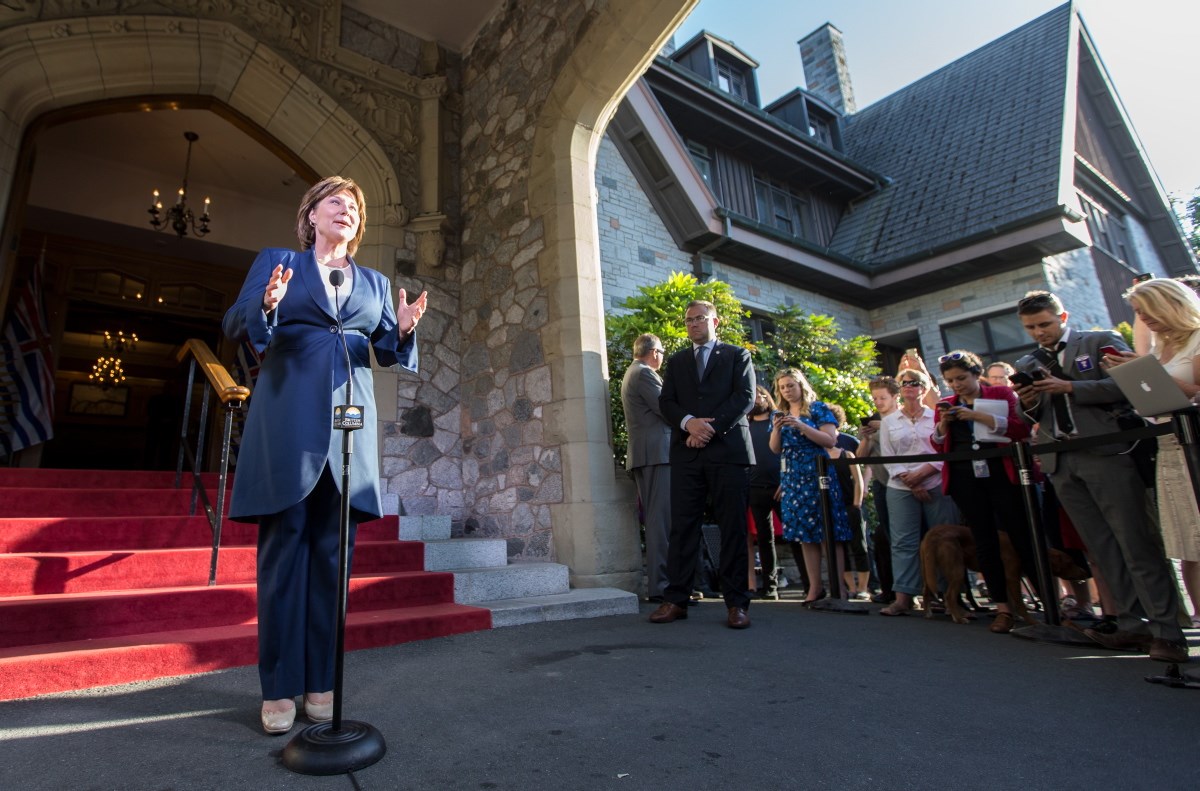And then there was the (more recent) premier who proved why there needs to be an adult, like the Lieutenant Governor, overwatching the profoundly partisan and selfish ambitions of the politicians in a Westminster Parliamentary democracy...
The dimmed political legacy of Christy Clark
The seventh longest-serving premier in B.C. history leaves politics—and, after some electoral drama, a divided province—behind
Soon after the throne speech, Clark lost a vote of non-confidence in the legislature. Her government defeated, Clark did what was only natural and necessary: she suggested that she’d advise B.C.’s lieutenant governor, Judith Guichon, that she’d lost the confidence of the legislature. Clark also said she wouldn’t ask for an election, because it wasn’t her job to advise the LG on what to do, even though it was precisely her job to do so. She then met the LG and asked for an election after Guichon reportedly told her that “give no advice” was not an option. What a time to be alive, we all thought.
Clark’s request was appropriately refused, and her resignation as premier was accepted; that evening, the NDP’s John Horgan was asked to become premier. And on Jul. 28, Clark’s career in provincial politics ended with a whimper. Clark is the seventh longest-serving premier in B.C.’s tumultuous history, steering the ship of state adequately at times, and using her political acumen to beat the odds more than once. But she leaves a divided province facing multiple crises and a B.C. Liberal Party whose identity and principles are now difficult to discern after the last election and the fiasco that followed it.
Premier Christy Clark had a demanding role to play over the last several weeks. She had to portray a scrappy, determined leader fighting a losing battle, then pivot to losing gracefully with honour.

www.timescolonist.com










